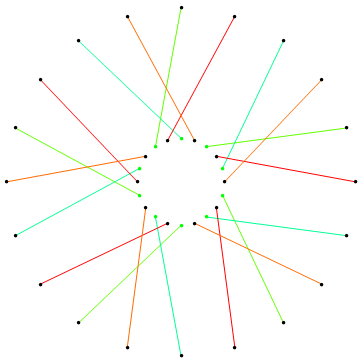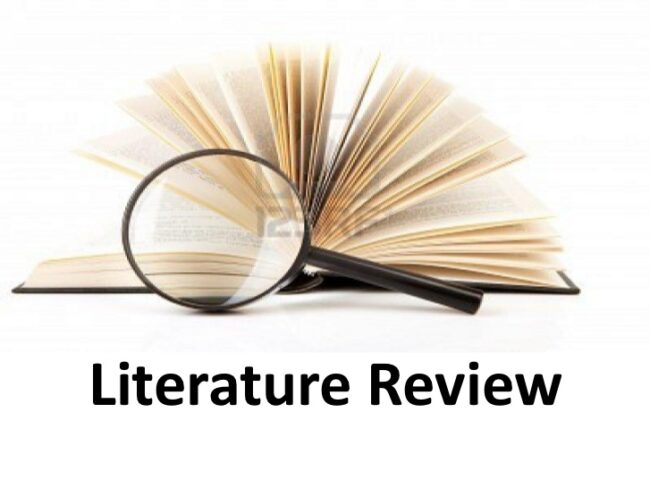Reasons why the screening programs may not be uniform
We may tend to think of our health-care system as a national program. In reality, the states and territories are responsible for delivering health-care services. That means local authorities are in charge of setting up health programs and sometimes opinions vary about what’s the best approach. As a result, cancer screening can differ from one…





